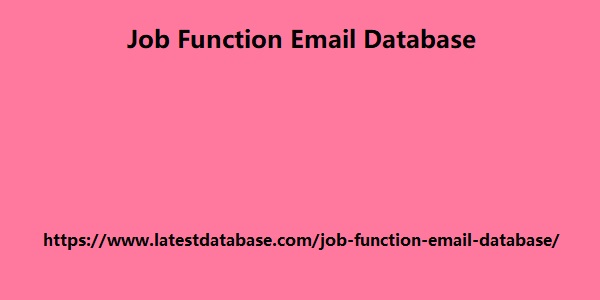Post by account_disabled on Feb 20, 2024 2:41:19 GMT -6
Russia has managed to avoid G7 sanctions on most of its oil exports, a shift in trade flows that will boost the Kremlin's revenue as crude oil rises toward a barrel. Nearly three-quarters of all maritime flows of Russian crude traveled without Western insurance in August, a lever used to enforce the-a-barrel oil price cap, according to an analysis of shipping and insurance records. by the Financial Times. That figure represents a 50 percent increase this spring, according to data from transportation analytics firm Kpler and insurance companies. The increase means Moscow is becoming more adept at circumventing the limit, allowing it to sell more oil at prices closer to those on the international market. Ben Hilgenstock, an economist at the Kiev School of Economics, said: “Given these changes to the way Russia ships its oil, it may be very difficult to significantly enforce the price cap in the future.
That makes it all the more unfortunate that we didn't do more to enforce it properly when we had more influence.” Read the full story. And here are a couple of related readings about Russia and the war Job Function Email Database in Ukraine: Security body in crisis: The president of the Organization for Security and Cooperation in Europe has vowed not to allow the world's largest security body to “collapse” while Russia's veto leaves it in a state of paralysis. Missile decision: US President Joe Biden decided to send long-range US missiles known as ATACMS to Ukraine after months of deliberations. Here's what I'm keeping an eye on today: EU-China economic ties: In an interview with the Financial Times, EU trade chief Valdis Dombrovskis warned of “new areas of concern” in the bloc's relationship with China.

The Asian Infrastructure Investment Bank, Beijing's answer to the World Bank, is set to unveil a “climate action plan” this week that will become its top priority and spur a sharp increase in financing. The focus on climate loans reflects the AIIB's desire to establish itself as part of the international financial architecture, after the United States' hostility to its creation in 2016. Here are more details about the plan. 2. Some of the world's largest private equity firms are accelerating their move away from mega buyouts and into businesses such as private credit, as higher interest rates force them to tear up their playbooks. After a decade of record deals, higher rates virtually paralyzed acquisitions over the past year and left many private equity firms saddled with portfolio companies acquired at high prices. The Financial Times' Will Louch reports on the shift from private equity to private credit.
That makes it all the more unfortunate that we didn't do more to enforce it properly when we had more influence.” Read the full story. And here are a couple of related readings about Russia and the war Job Function Email Database in Ukraine: Security body in crisis: The president of the Organization for Security and Cooperation in Europe has vowed not to allow the world's largest security body to “collapse” while Russia's veto leaves it in a state of paralysis. Missile decision: US President Joe Biden decided to send long-range US missiles known as ATACMS to Ukraine after months of deliberations. Here's what I'm keeping an eye on today: EU-China economic ties: In an interview with the Financial Times, EU trade chief Valdis Dombrovskis warned of “new areas of concern” in the bloc's relationship with China.

The Asian Infrastructure Investment Bank, Beijing's answer to the World Bank, is set to unveil a “climate action plan” this week that will become its top priority and spur a sharp increase in financing. The focus on climate loans reflects the AIIB's desire to establish itself as part of the international financial architecture, after the United States' hostility to its creation in 2016. Here are more details about the plan. 2. Some of the world's largest private equity firms are accelerating their move away from mega buyouts and into businesses such as private credit, as higher interest rates force them to tear up their playbooks. After a decade of record deals, higher rates virtually paralyzed acquisitions over the past year and left many private equity firms saddled with portfolio companies acquired at high prices. The Financial Times' Will Louch reports on the shift from private equity to private credit.
